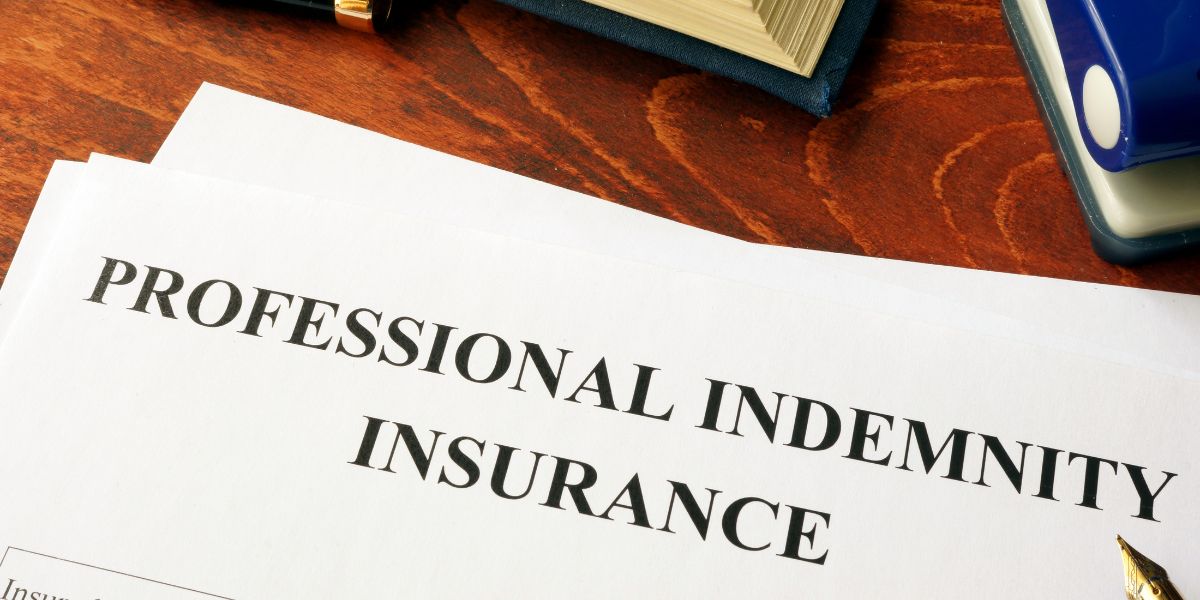
Corner Men and Coverage: The Need for Boxing Coach Insurance Beyond the Gym.
Learn why boxing coaches need insurance beyond the gym. Protect yourself from liability during training, events, and travel with the right boxing coach coverage.
Boxing coaches in Australia shoulder significant responsibility, from strategising fight plans to ensuring athlete safety. This role extends far past technique instruction—it encompasses legal, emotional, and health risks for both coaches and their athletes.
Given the high incidence of injuries and potential for litigation, securing boxing coach insurance isn’t an optional extra: it’s essential for operating safely and confidently in and beyond the gym.
Risks That Boxing Coaches Face Outside the Gym

Coaching doesn’t stop when training is over or outside the club's four walls. In fact, many liability issues arise at competitions, in community programs, or even during private training at athletes' homes. Here’s what you may encounter as a boxing coach:
- Ringside at Competitions: You’re often responsible for a boxer’s immediate medical care, advice, and decisions to continue or stop a fight. Mistakes or perceived negligence can lead to claims for injury or even legal proceedings.
- Personal Training: Accidents at external venues —such as equipment failure or unsafe practice spaces—can leave a coach liable for injury or property loss.
- Community Outreach: Running workshops or demonstrations increases interaction with the public, heightening the risk of accidental injury or damage.
Without adequate coach insurance, such incidents could result in substantial out-of-pocket expenses for legal fees, damages, or medical bills.
Specific Legal and Financial Risks
- Injury Claims: Coaches can be held financially liable for accidents on and off the gym floor, including during unsanctioned training or events.
- Allegations of Negligence: Failure to provide the right medical response or advice can result in professional malpractice suits.
- Property and Equipment Damage: Damaged facilities or equipment during any training or event may trigger costly compensation claims.
- Reputation Loss: Any unresolved claim, even if unsuccessful, can harm your standing and income—they are frequently publicised within the tight-knit combat sports community.
Why Standard Sports Coach Insurance Isn’t Enough

Many coaches assume their general sports coach insurance fully covers the risks they face. However, boxing presents unique situations that aren’t addressed by typical policies. Here are the key differences.
Specialised Coverage: Boxing Insurance vs General Coach Insurance
For boxing coaches, trainer insurance should include both the basics (public liability and injury cover) and advanced, boxing-specific protections such as:
- Third-party liability: Legal defence and compensation if a non-participant is injured or property is damaged during your coaching.
- Equipment insurance: Coverage if costly pads, gloves, or electronic devices are lost or broken in transit or use.
- Event insurance: Protects you during short-term events or exhibitions not covered by your gym’s umbrella policy.
- Professional indemnity cover specific to boxing: If a boxer claims your advice or negligence caused their injury or career setback.
With comprehensive coach insurance in place, you can focus on building champions—in and out of the ring.
Keeping Up with Regulations
Australian state and national sporting authorities, such as Boxing Australia and state federations, require proof of appropriate boxing insurance for event participation and club registration. Failure to comply could bar you from tournaments and result in penalties. For instance, New South Wales regulations specify minimum public liability and professional indemnity levels for all registered coaches.
If you’re a member of professional bodies like the Australian Strength and Conditioning Association, you may also need to satisfy their insurance requirements—or risk loss of membership and professional standing. Specialised boxing coach insurance packages are designed to tick these regulatory boxes automatically.
Choosing the Right Boxing Coach Insurance Policy

To protect yourself fully, seek out policies that address the realities of modern coaching in Australia. Here’s what to look for and how to secure robust cover:
Key Features to Include:
- Personal Injury: Covers both client and coach injuries, including medical expenses and compensation in serious injury cases.
- Third-Party Liability: Shields you from claims by students, event staff, or members of the public.
- Property and Equipment Damage: Reimburses the cost of damaged or lost training gear, whether at the gym or on the road.
- Legal Expenses: Helps cover solicitor costs in the event of a dispute or lawsuit.
- Negligence (Professional Indemnity): Protection against claims that your coaching advice caused harm or loss to a client.
- Personal trainer insurance extensions: Ensures coverage when you conduct private or corporate training sessions outside your main place of employment.
Tips for Finding the Best Coach Insurance Provider
- Research Australian Specialists: Look for insurers or brokers with a proven history in combat sports and personal trainer insurance. Compare products and policy wording carefully.
- Seek Recommendations: Ask peers or industry groups for referrals and check online testimonials from other boxing coaches and trainers.
- Engage an Insurance Broker: A specialist broker can tailor cover to your activities and keep you updated as sports regulations change.
- Read the Fine Print: Understand exactly what your boxing coach insurance covers—and doesn’t. Look for clear exclusions and make sure you’re not vulnerable during important events or non-gym activities.
- Stay Compliant: Stay informed of current Boxing Australia and state rules about coach insurance—especially if you are expanding your activities or club offerings.
Some reputable Australian brokers and providers with strong boxing and sports coaching expertise include Gallagher, Marsh, and Gym Insurance HQ.
Protect Your Career and Clients—Immediate Steps to Take
- Review: Double-check your current policy against your real activities as a coach or trainer. Does it cover off-site sessions, competitions, and third-party claims?
- Upgrade: If your work has evolved, make sure your insurance policy has too. Add or adjust the cover as needed.
- Consult the Experts: Talk to a specialist who understands boxing coach insurance and can answer questions about compliance, limits, and claims processes.
- Stay Informed: Sign up for industry bulletins or join professional associations for updates about insurance and legal changes.

The right boxing coach insurance gives you the confidence to focus on skill development, safety, and mentorship. Don't wait for a claim or incident to highlight gaps in your coverage. Taking proactive steps on insurance means you’re operating with the professionalism and care every boxer deserves.
Contact Combat Sports Insurance today and get a free quote on specialised boxing coach insurance, and future-proof both your career and your boxers’ progress.
Read More
Insurance for Personal Trainers: A Vital Shield for Your Martial Arts Coaching Career
Safeguarding Your Coaching Career: The Role of Sports Coach Liability Insurance
Note: The material offered here is for informational purposes only. It does not constitute legally binding advice and should not be a substitute for a consultation with an insurance expert.











.png)


.png)

.png)

.png)
.png)
.png)
.png)
.png)
.png)






.jpg)





.jpg)





















































